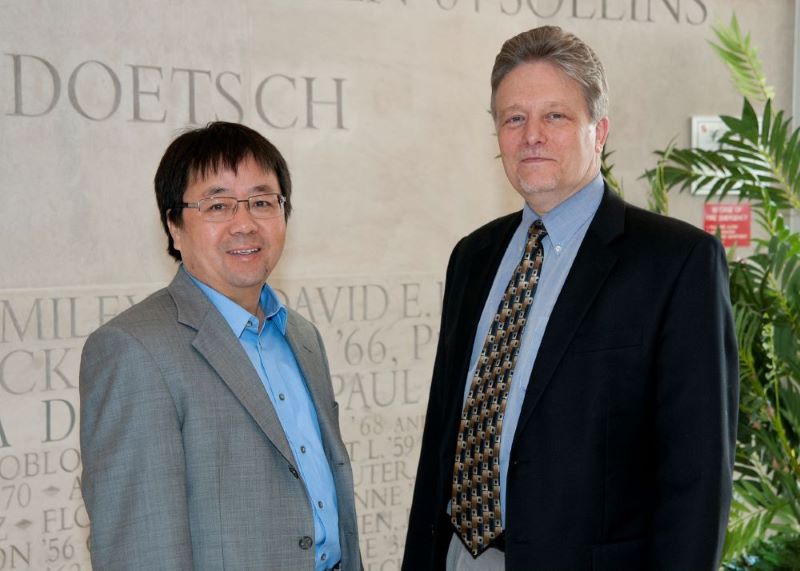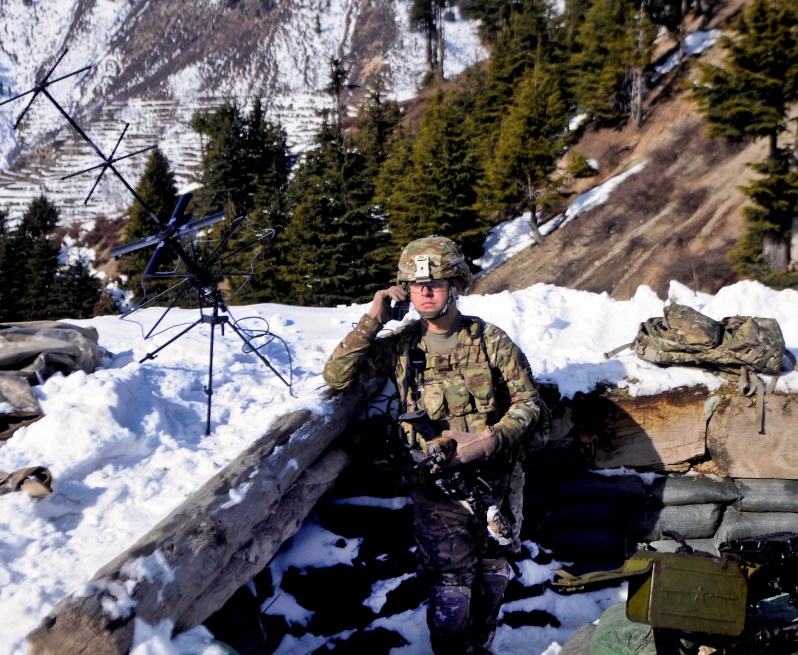Consortium members are a mix of public and private groups. Collaborations among members have enabled accelerated development that is uncommon in R&D of a wearable battery for the Army. Wang says the battery is in the final stages and should be in field safety tests by the end of the year.
He cites a great need in the biomedical space for batteries that can withstand unusual conditions and punishment. Via CREB, Wang organized a 2017 workshop between the National Institutes of Health, National Science Foundation, and Department of Energy that outlined a pathway to develop a specialized medical battery. While still in the initial planning stages, Wang says that a similar process as the Army battery project is envisioned to unfold in the biomedical space—and partners will be necessary.
“Our center is interested in building the best batteries that can work in extreme conditions: very low or high temperatures, very fast charge times, very long cycle times. But we need to attract industry members to work closely with us to accomplish those goals.”
— Chunsheng Wang
To learn more about membership please contact CREB Program Administrator James Short (jshort@umd.edu) or CREB UMD Director Chunsheng Wang (cswang@umd.edu).
Top



